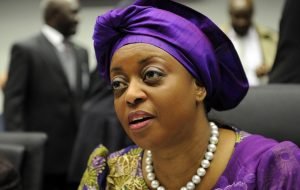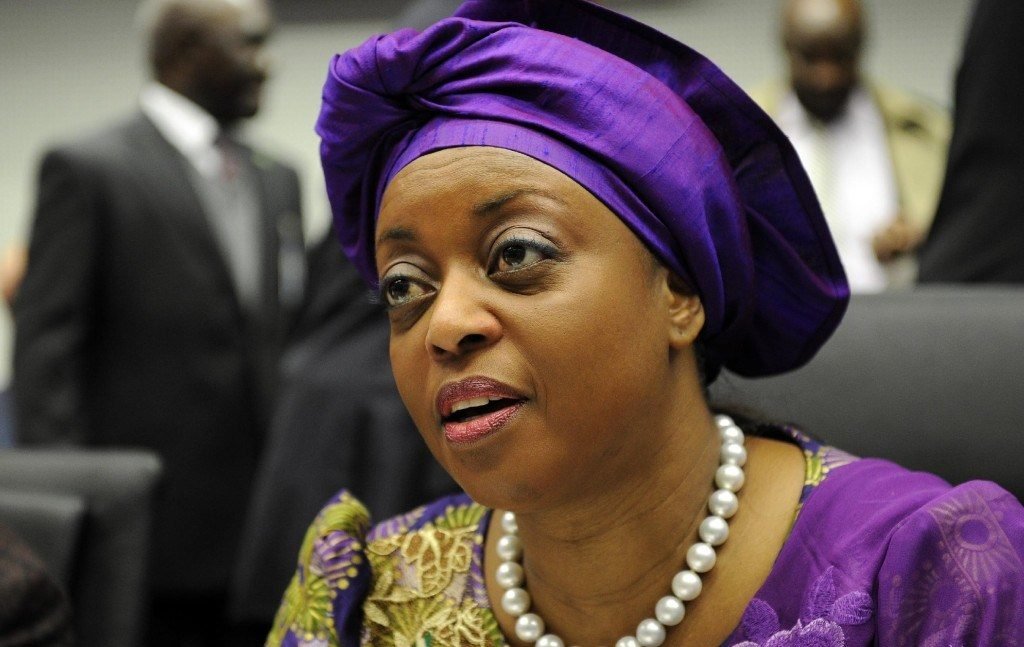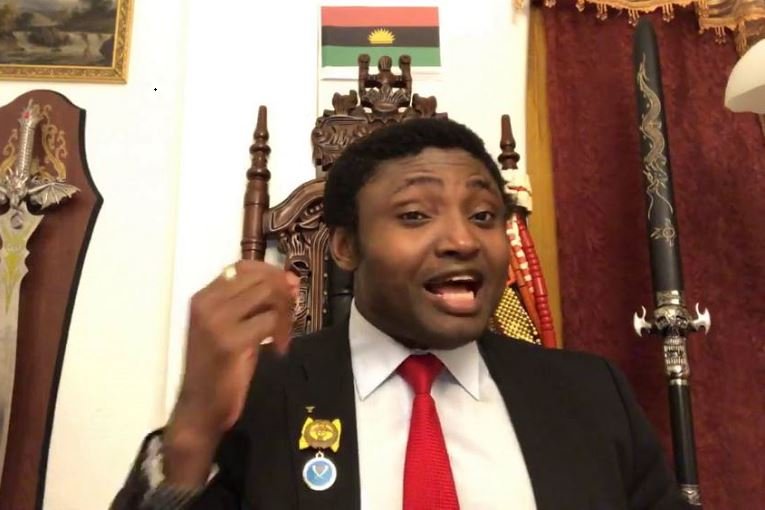The world’s second-largest continent should not be an arena for competition between world powers, China’s Foreign Minister Qin Gang said on Wednesday, opening a new headquarters for a pan-African health body at the start of a five-country continental tour.
Qin visited facilities of the AU in Addis Ababa, including the new headquarters of the Africa Centres for Disease Control and Prevention. China financed the complex’s construction, as it previously did for the headquarters of the AU itself, also based in the Ethiopian capital.
China has been its largest trading partner for over a decade. It competes for influence with the United States – which hosted leaders from 49 African countries last month – as well as with former colonial powers such as Britain and France.
“Africa should be a big stage for international cooperation, not an arena for major countries competition,” Qin said at a news conference with AU Commission chair Moussa Faki.
A trusted aide of President Xi Jinping and former ambassador to the United States, Qin was appointed foreign minister last month. His visit marks the 33rd consecutive year that the world’s second-largest continent has been the destination of the Chinese foreign minister’s first overseas tour of the calendar year.
Qin met on Tuesday with Ethiopian Prime Minister Abiy Ahmed and other government officials, and announced a partial cancellation of Ethiopia’s debt to China during the visit, though neither side provided details. Ethiopia has borrowed $13.7 billion from China since 2000 and has been seeking to restructure its debt to foreign lenders since 2021.
Qin will also visit Egypt, Angola, Benin, and Gabon over the next week. Paul Nantulya, a research associate at the Africa Center for Strategic Studies, said the choice of countries reflected China’s diversity of interests in the world’s second-largest continent.
China has strong security ties to Egypt and Angola. Visiting Benin and Gabon shows ambitions to expand Beijing’s Belt and Roads infrastructure-building drive – long focused mainly on the Indian Ocean region – into western Africa, he told Voice of America radio.











